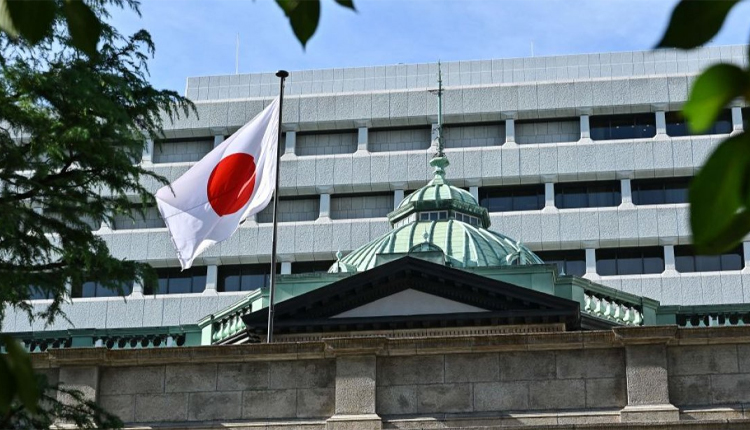The Bank of Japan (BOJ) made an historic shift on Tuesday by ending eight years of negative interest rates and other unconventional policies aimed at reflating growth, Reuters reported.
The central bank set the overnight call rate as its new policy rate, aiming to maintain it in a range of 0-0.1 per cent by paying 0.1 per cent interest on deposits.
This move marks Japan’s first interest rate hike in 17 years, but rates remain near zero due to a fragile economic recovery.
Japan is now the last central bank to exit negative rates, signalling the end of an era where policymakers globally relied on cheap money and unconventional tools to support growth.
The BOJ’s decision to eliminate negative interest rates reflects its confidence in Japan’s recovery from deflation.
The central bank also abandoned yield curve control and will continue buying government bonds at a similar pace while increasing purchases if yields rise sharply.
Additionally, it will stop buying risky assets like ETFs and real estate investment trusts, according to the report.
With inflation consistently exceeding the two per cent target, the BOJ’s decision to dismantle the massive stimulus programme reflects its belief in achieving sustainable price stability.


